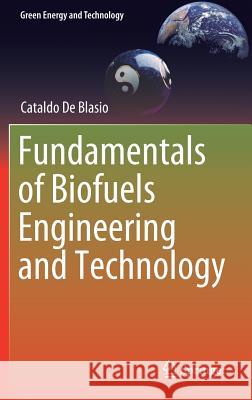Fundamentals of Biofuels Engineering and Technology » książka
topmenu
Fundamentals of Biofuels Engineering and Technology
ISBN-13: 9783030115982 / Angielski / Twarda / 2019 / 410 str.
Kategorie:
Kategorie BISAC:
Wydawca:
Springer
Seria wydawnicza:
Język:
Angielski
ISBN-13:
9783030115982
Rok wydania:
2019
Wydanie:
2019
Ilość stron:
410
Waga:
0.80 kg
Wymiary:
23.39 x 15.6 x 2.54
Oprawa:
Twarda
Wolumenów:
01
Dodatkowe informacje:
Wydanie ilustrowane











